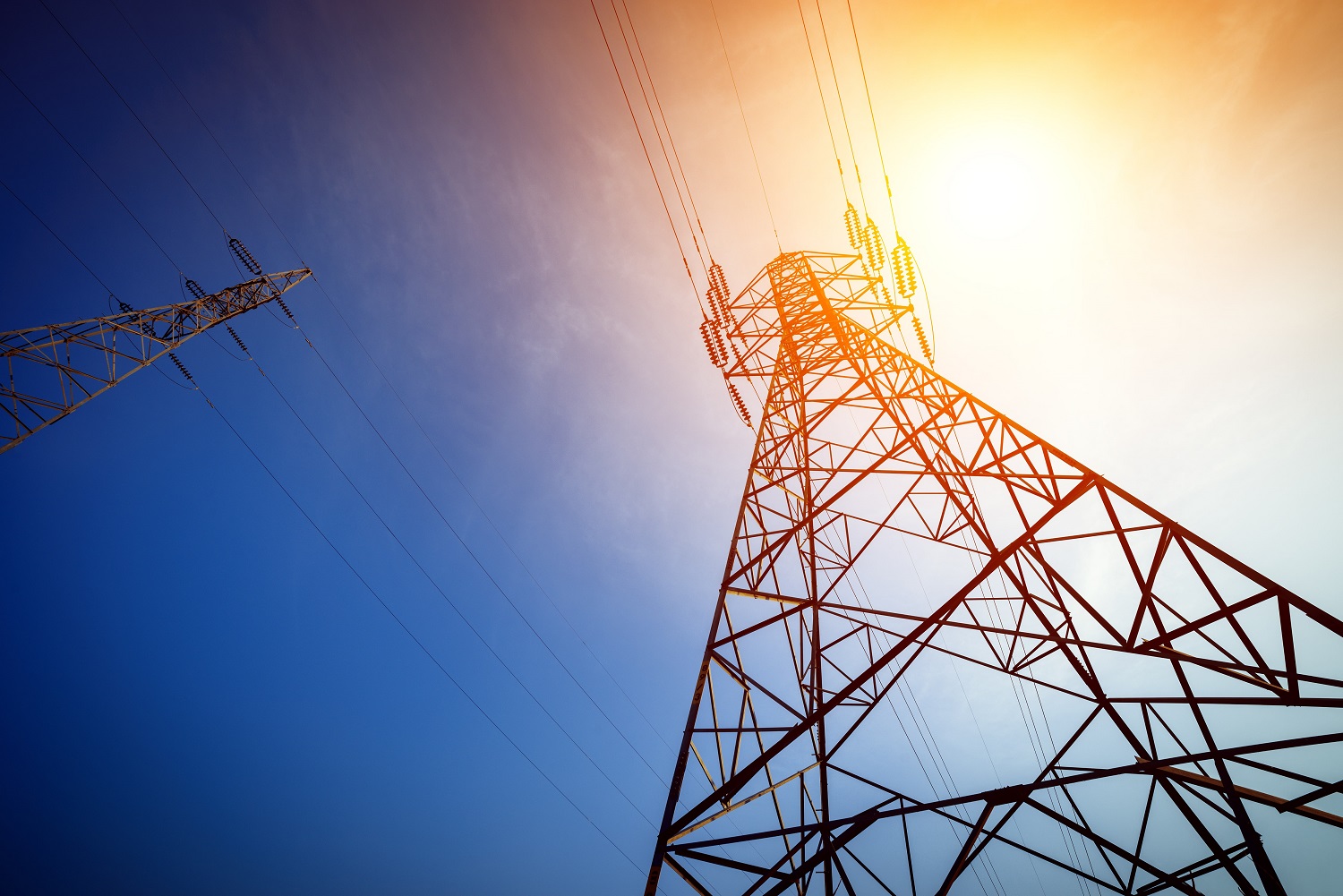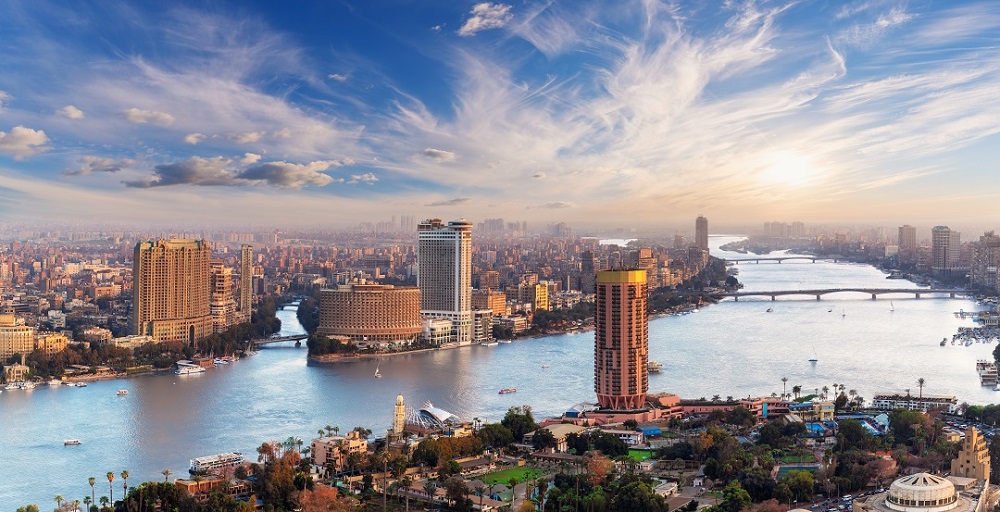Energy solutions

Iskraemeco Group
Savska loka 4,
4000 Kranj, Slovenia
Telephone: +(386) 4 206 4000
Email: info@iskraemeco.com
Elsewedy Electric supports Egypt on its way to an ambitious digitalization goal. The signing of an EPC contract with North Cairo Electricity Distribution Company (NCEDC) is an essential part of Egypt’s digitization efforts.

Iskraemeco is part of the project, providing smart meters, a data concentrator, a data management suite and accompanying services as part of its energy IoT solution, and thereby contributing to a stable and efficient electricity supply. A team consisting of people from NCEDC, TEPSCO, EEHC and ELSEWEDY ELECTRIC T&D recently spent a week at our premises in Kranj, where it conducted a FAT (Factory Acceptance Test) during the initial phase of the project implementation.
Iskraemeco’s new generation smart meters IE.5 and IE.7 that will be installed within this project boast certain features that were developed exclusively for NCEDC, including communication modems and Symbiot, our advanced data management system. We are pleased to announce that the FAT of IE.5 single-phase meters has been successfully completed and the use of Iskraemeco’s new generation meters has metering projects in Egypt.
We are pleased to have had the opportunity to speak with Engineer Noha Mohamed AbdElWahab, the project manager for the metering area of this strategic project. Eng. Noha has been working at North Cairo Distribution Company for 25 years as General Manager and for the last seven years as Head of the Meters Sector. She has almost seven years of experience in the metering area.
Can you provide a brief summary of the project? Why was the inclusion of smart meters crucial to the project?
We started the metering project in Egypt in 2015 with the installation of 250,000 meters across the country. NCEDC’s share of this project was 53,000 meters. At that time, several countries around the world had
already started using smart meters, which gave us the idea for the project. The government and the Ministry of Electricity began to discuss the proposal seriously when they finally learned about the technological advances of smart meters around the world. As a result, the minister issued a tender for 250,000 devices, and I was the project manager for all phases of the project until the installation was completed. The project is now running smoothly. The success achieved encouraged us to consider a new project with the same scope of smart meters, which led to the signing of the JICA project. The aim of the project was not only to provide smart meters, but also to build a comprehensive smart grid including distributers, smart panels, an AMI system, and smart meters. Helmia in Cairo was one of the districts chosen for the project. Of course, these are only the first steps in the transition to a smart system. Our goal is to gradually build a comprehensive grid that will allow Egypt to become wholly reliant on the smart grid within seven years.
From the perspective of the Ministry of Electricity and from your perspective, how would citizens benefit from this transition?
In my experience in the metering industry, we have encountered many challenges in managing, maintaining, readouts, and billing, all of which can be solved through the use of smart meters. I believe smart meters
can easily justify the time, effort and cost required to deploy them. Moreover, we will be on the right track to realize digital transformation in line with the country’s vision and goals, and we will no longer rely solely on human resources. I strongly believe that the implementation of this system will be beneficial for both residents and the Ministry, as it will result in significant cost savings, improve compliance, and allow for accurate analysis of the network through reports. Once we stop relying on predictions, we will be able to make informed decisions based on the needs of the grid. We will understand how to manage the grid, and most importantly, the changes will help customers by reducing their engagement with the company and its staff, as the meter will be responsible for the entire billing process and remote resolution of specific issues. This change will also lead to improved device management, as many consumers do no want frequent visits from the utility. From my point of view, and based on the experience of the first project, the benefits will be significant, and I hope we will continue until the whole of Egypt is covered by smart meters.
Can you describe your experience with Iskraemeco?
My collaboration with Iskraemeco in the field of smart meters is still ongoing, as we are currently in the design phase. I have been in position to observe young developers performing their tasks with great precision and taking our proposals with professionalism. The first time I visited the factory in Slovenia, I was more than impressed by what I saw; it was outstanding. I appreciated the factory’s quality control of
all procedures and the quality department. It is obvious that all these aspects affect the final result, because if the process is good from the beginning to the end, the final product will also be good. Based on my experience so far, this partnership will be mutually beneficial. I had the opportunity to visit the Egyptian plant during one of the phases of the project. It has excellent processes and modern, well-developed equipment, and I believe it is highly competitive with other meter companies in Egypt.
We use cookies to provide you with the best user experience and to improve the quality of our site. You can learn more about the cookies used and individual management by clicking on Cookie settings.
Your privacy is very important to us. You can choose the use of cookies as described below. Your preferences can be modified at any time.
